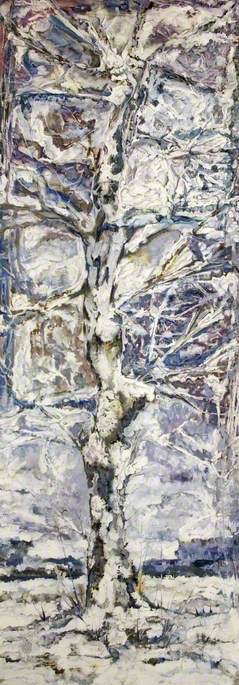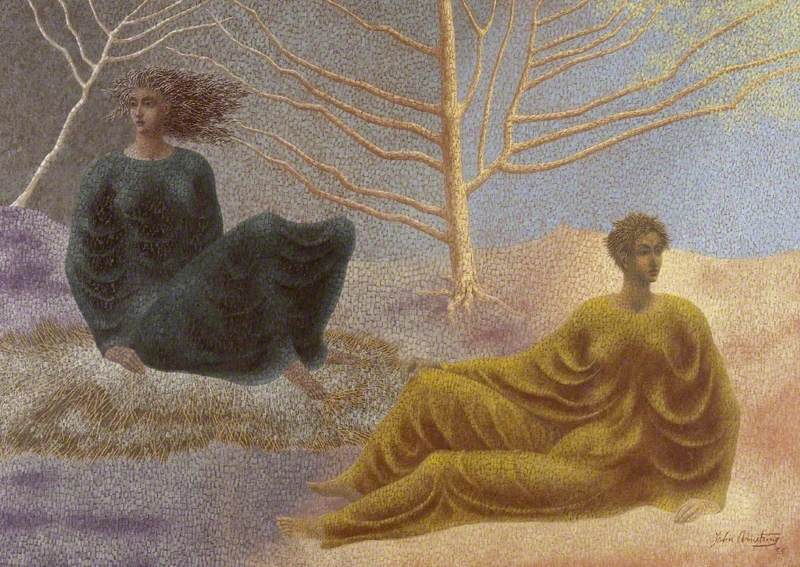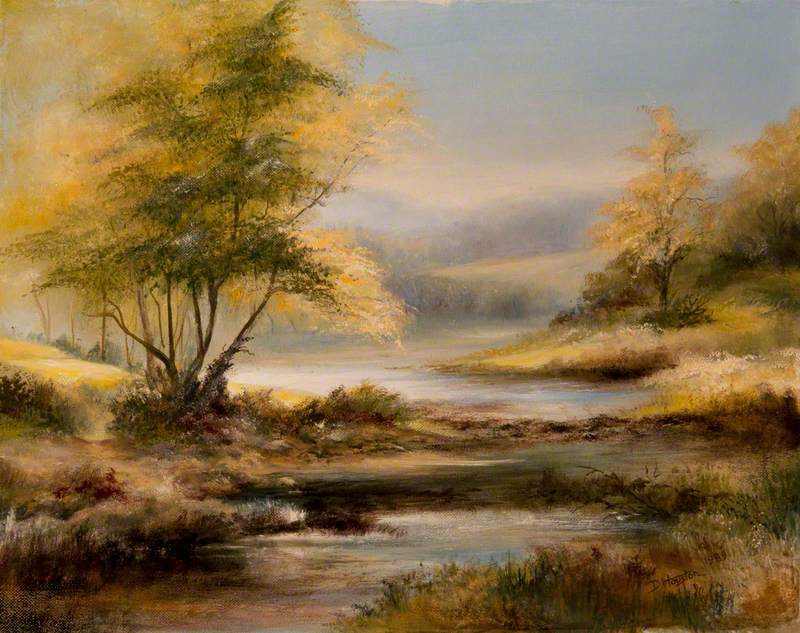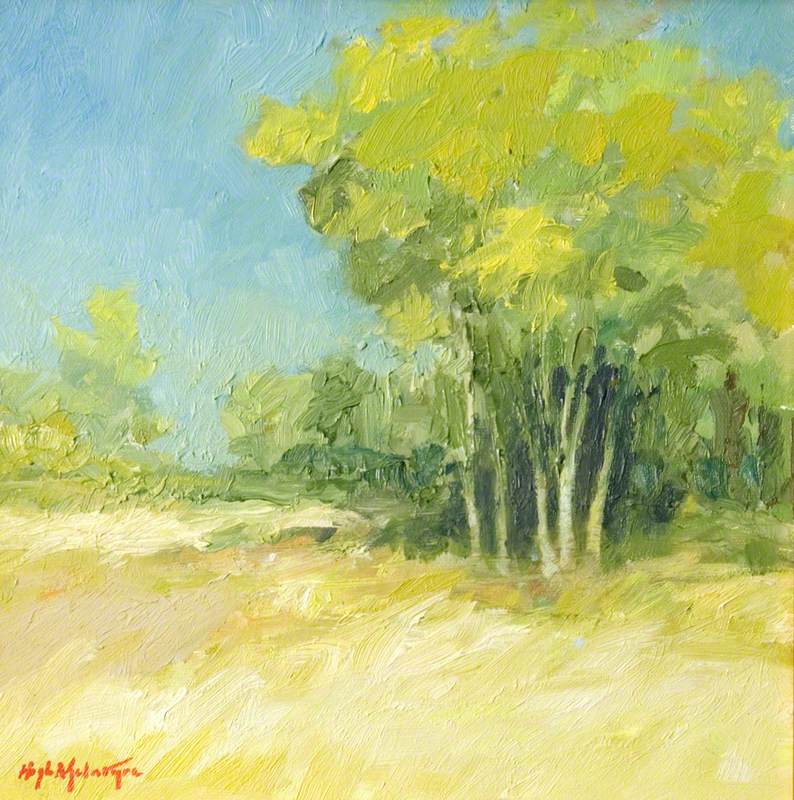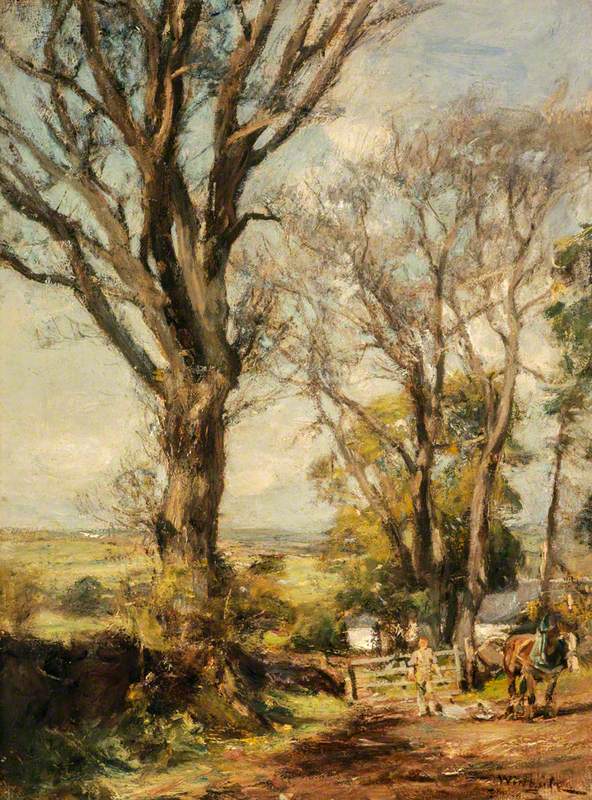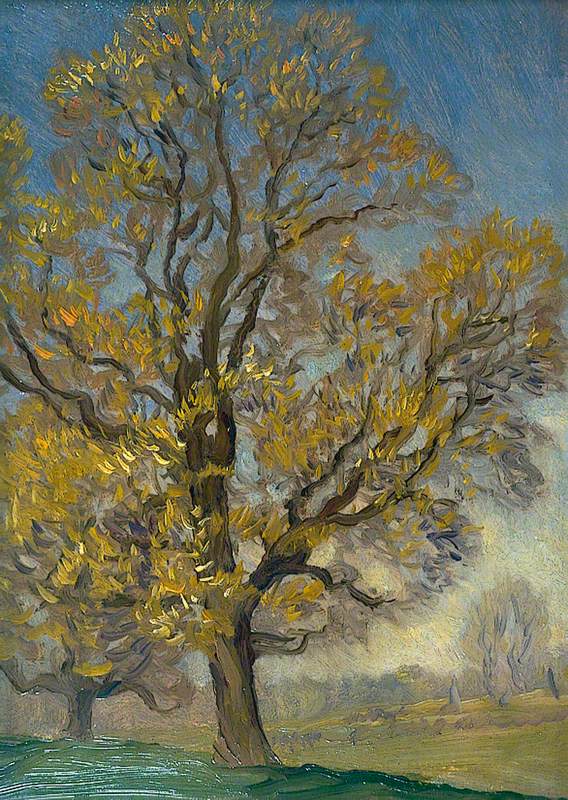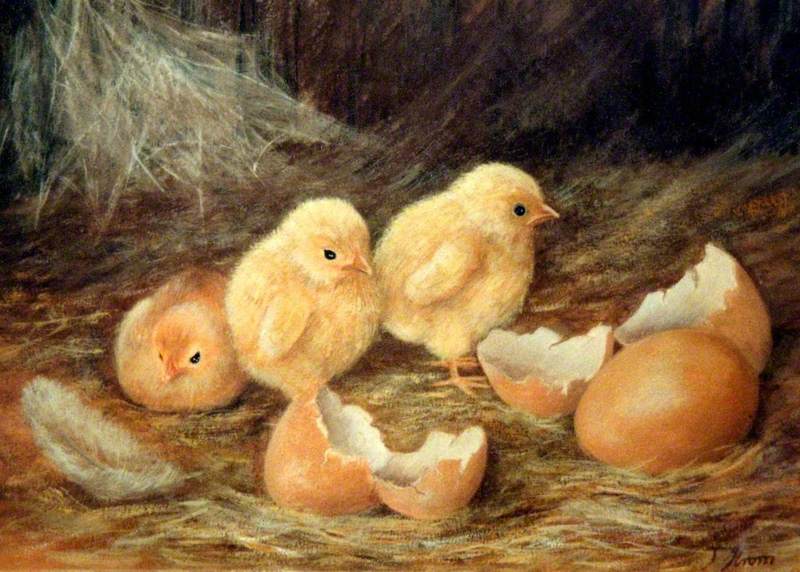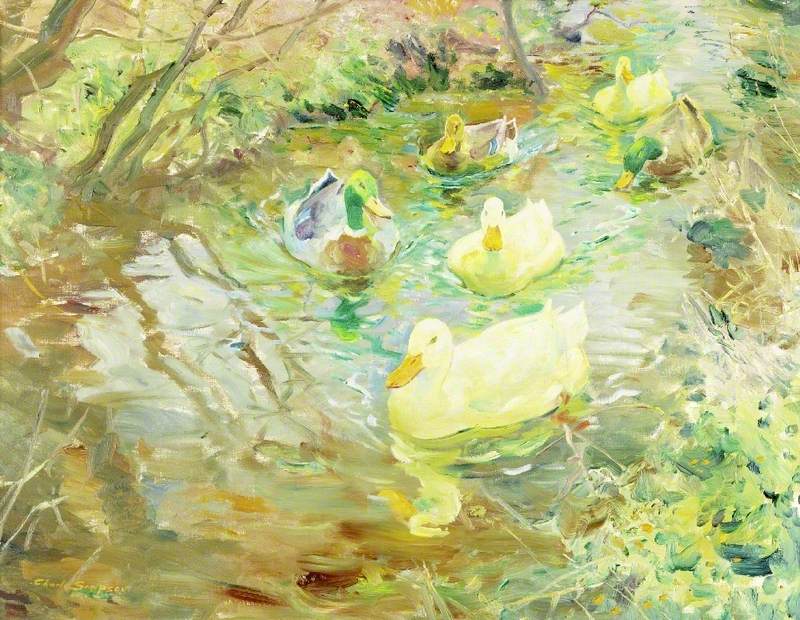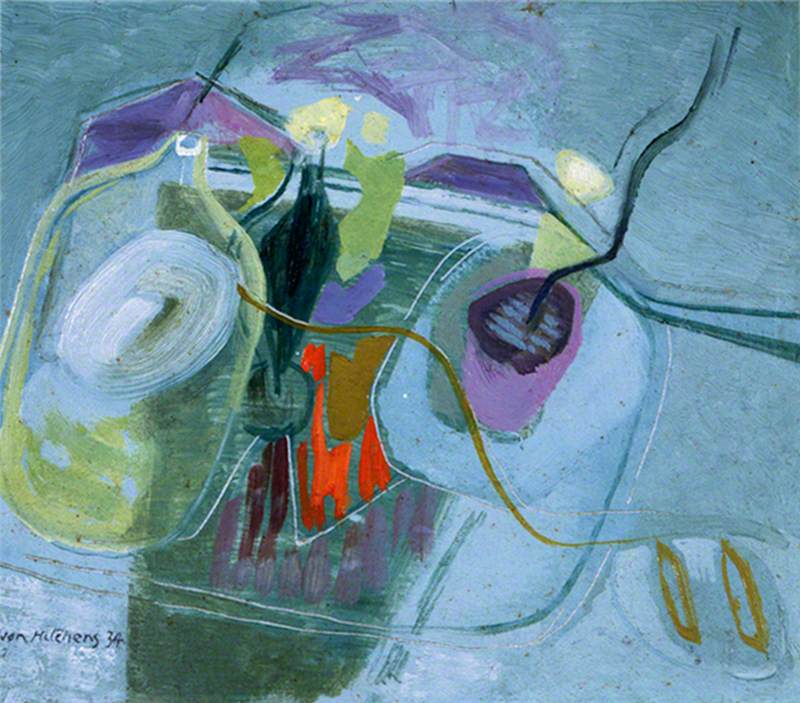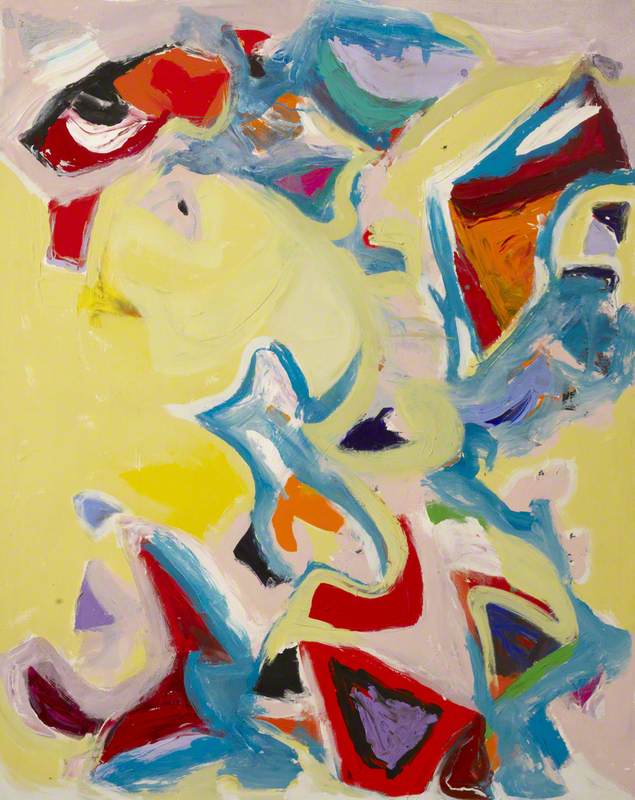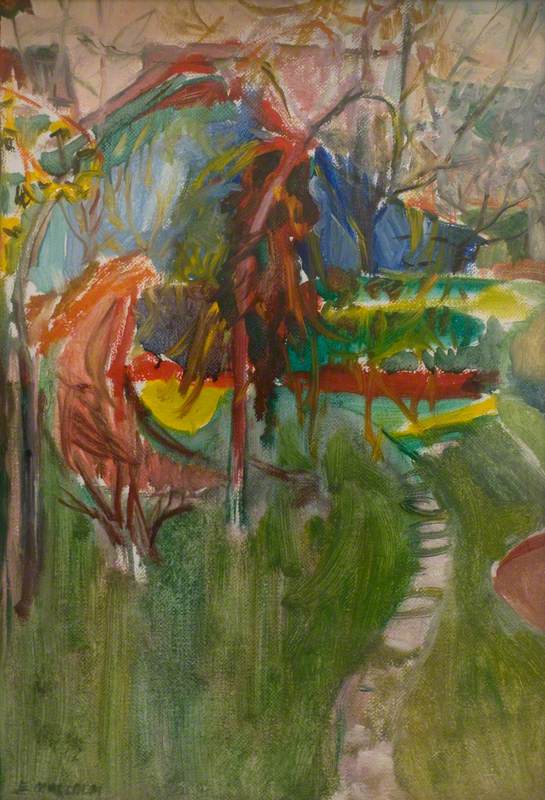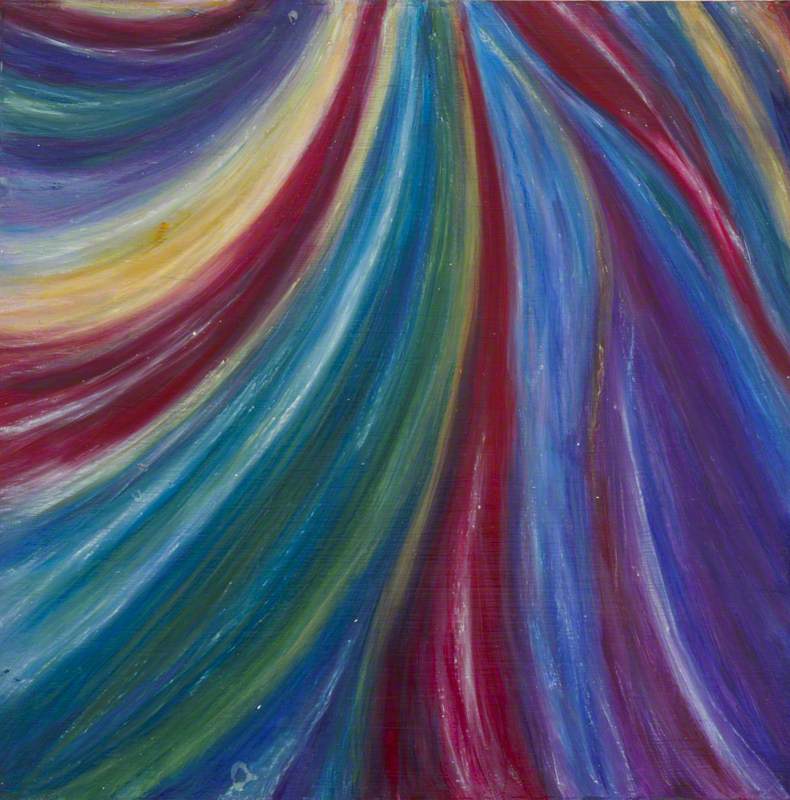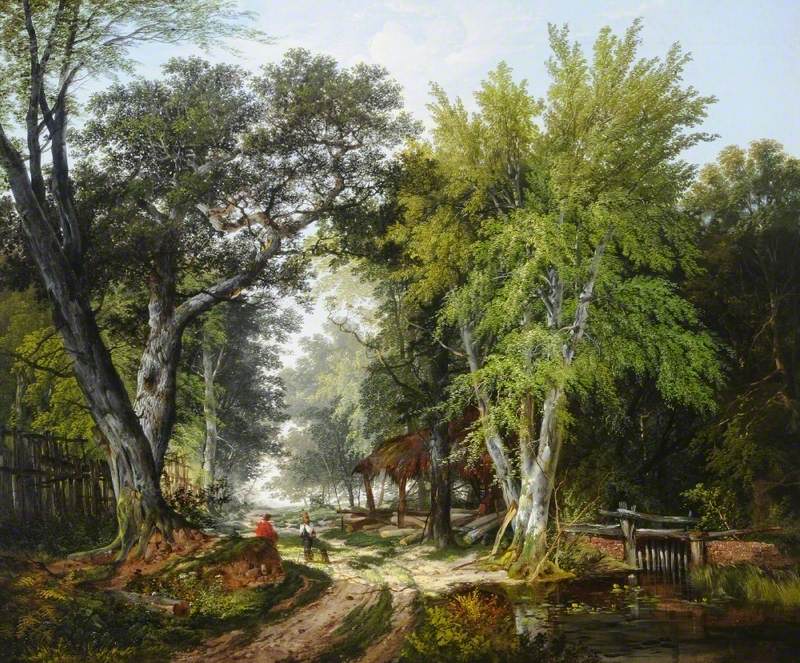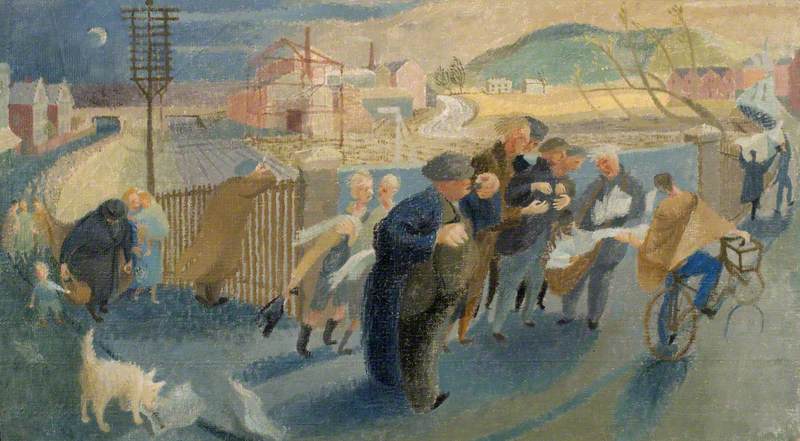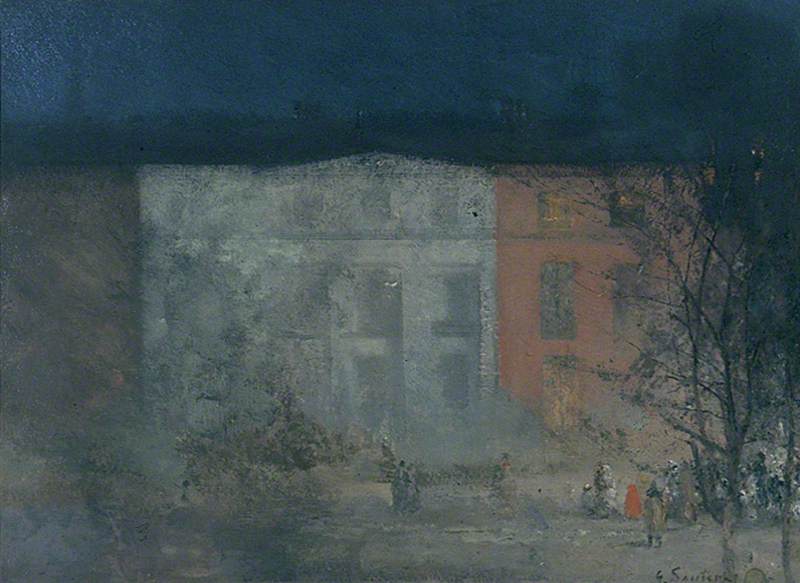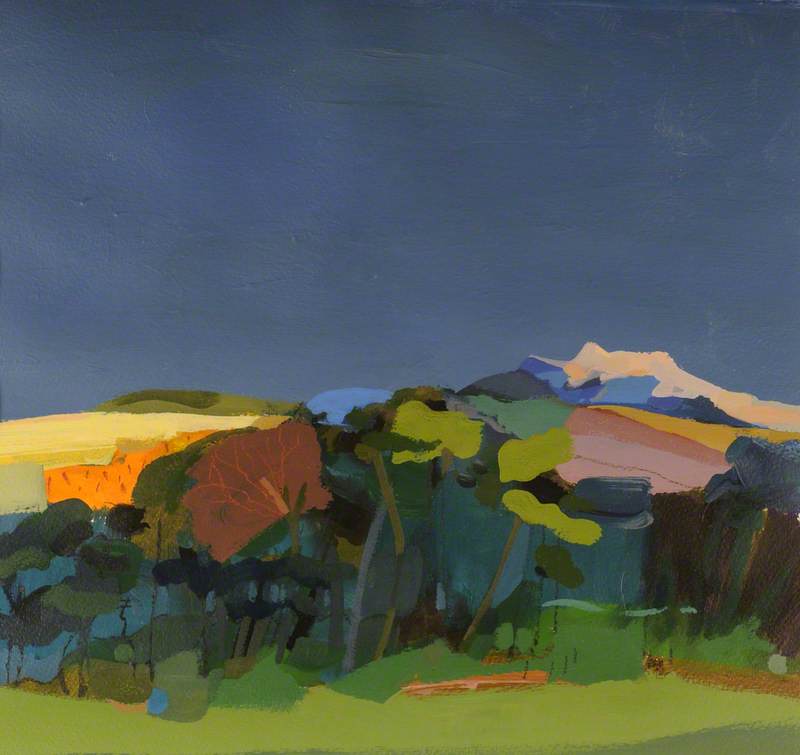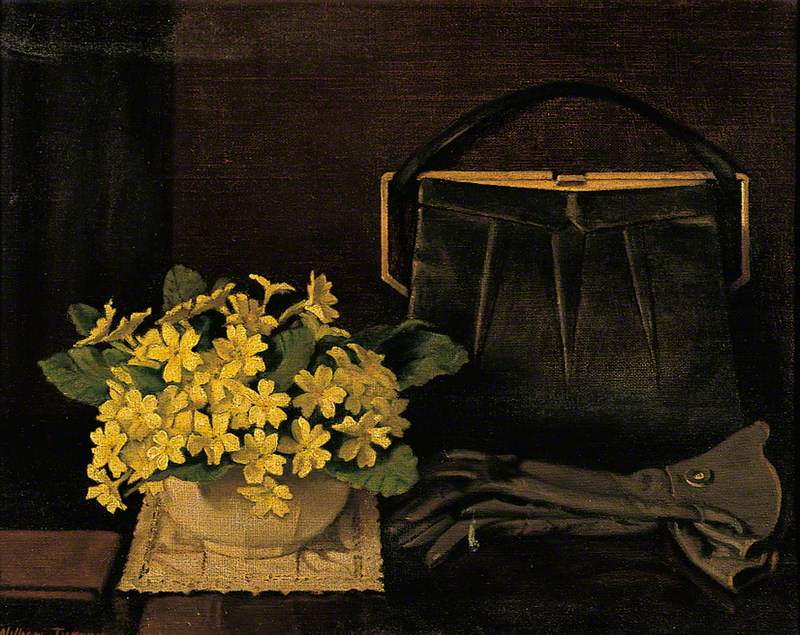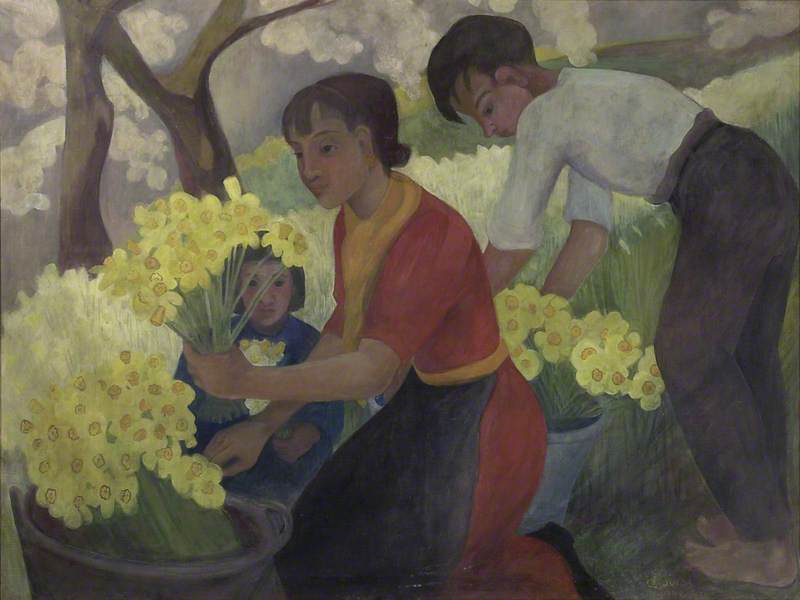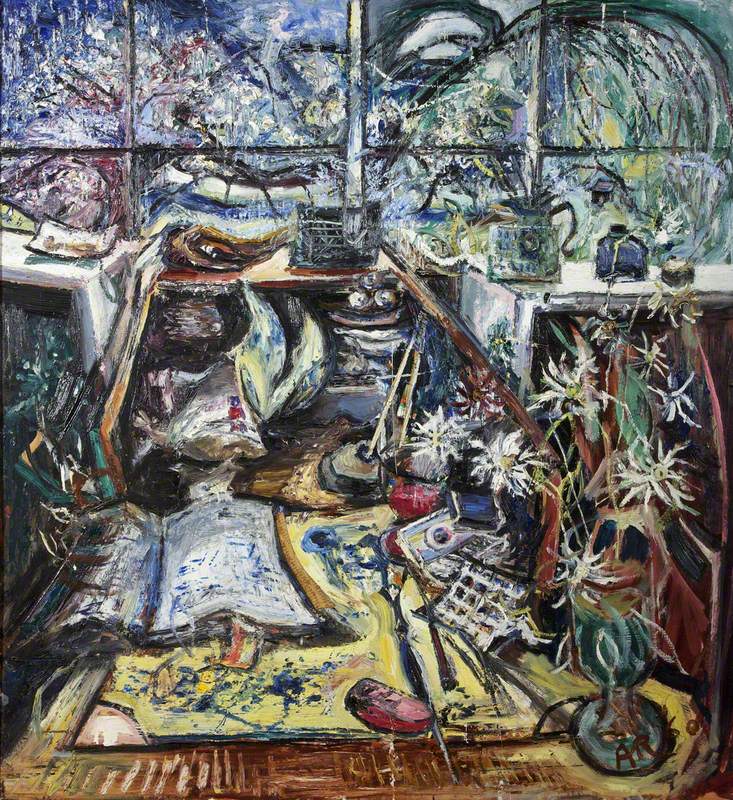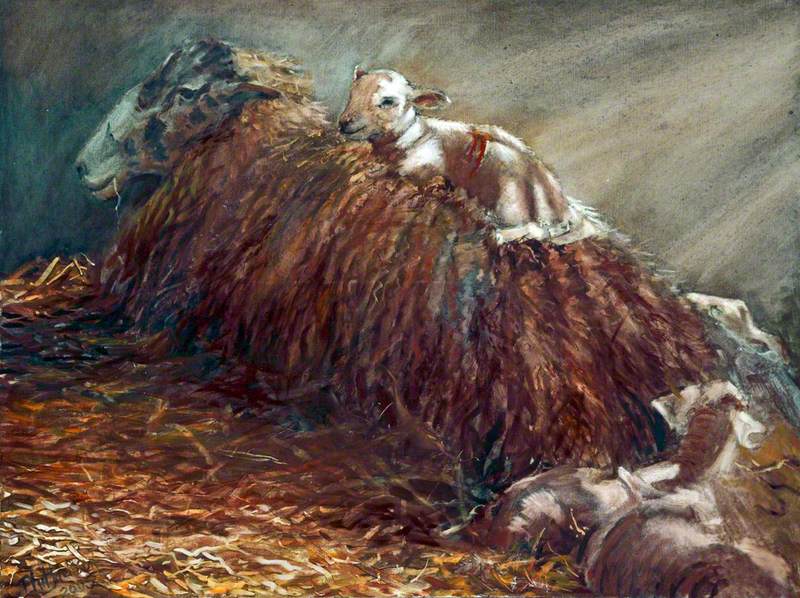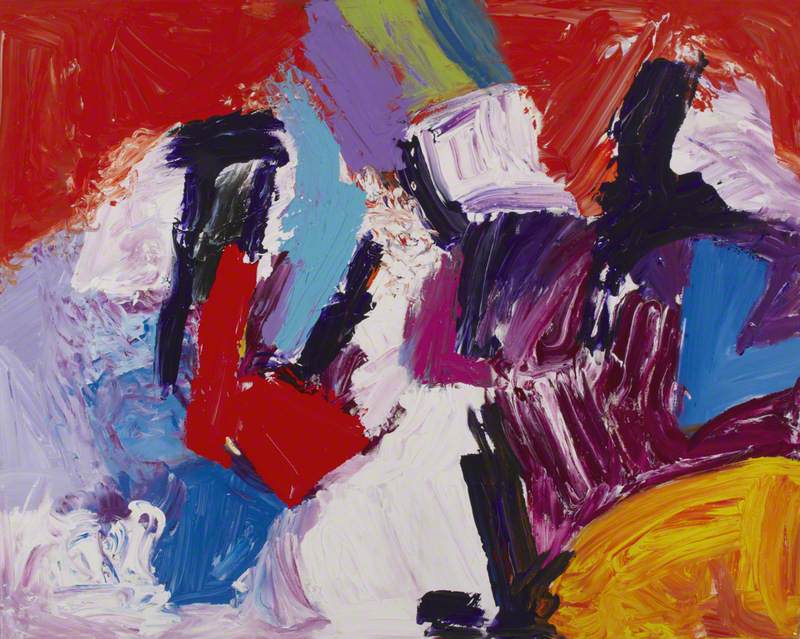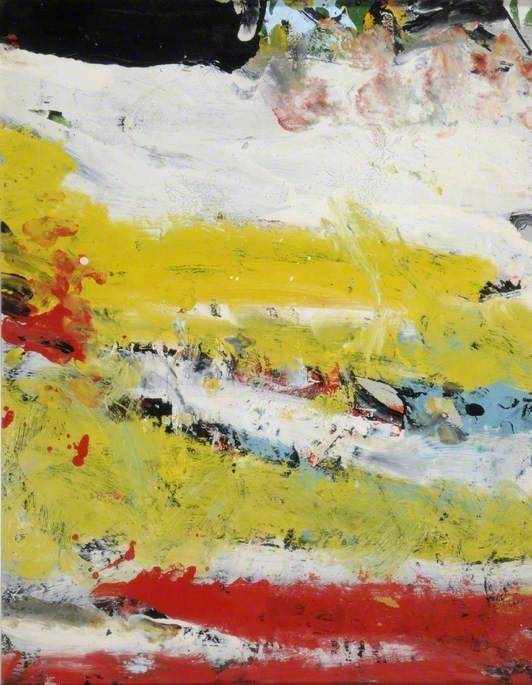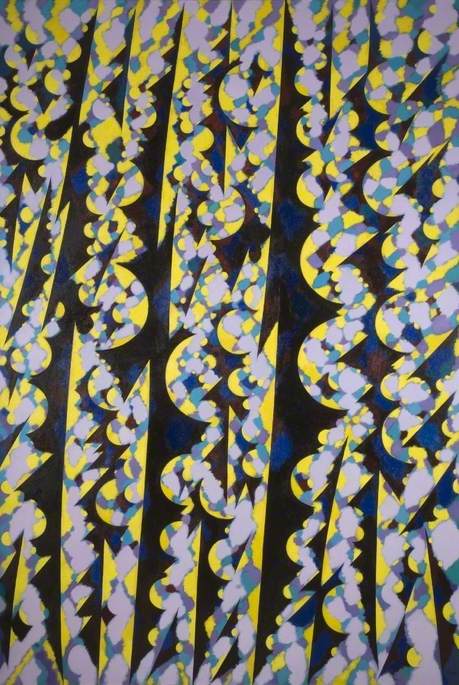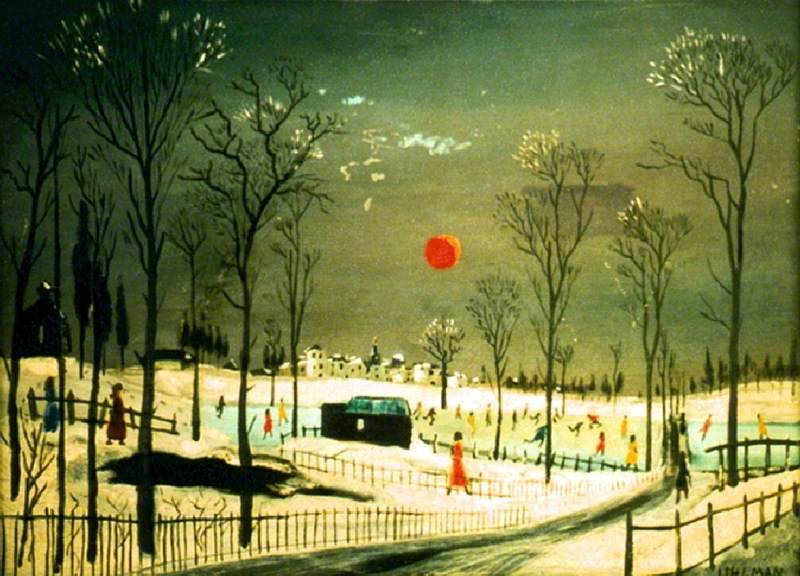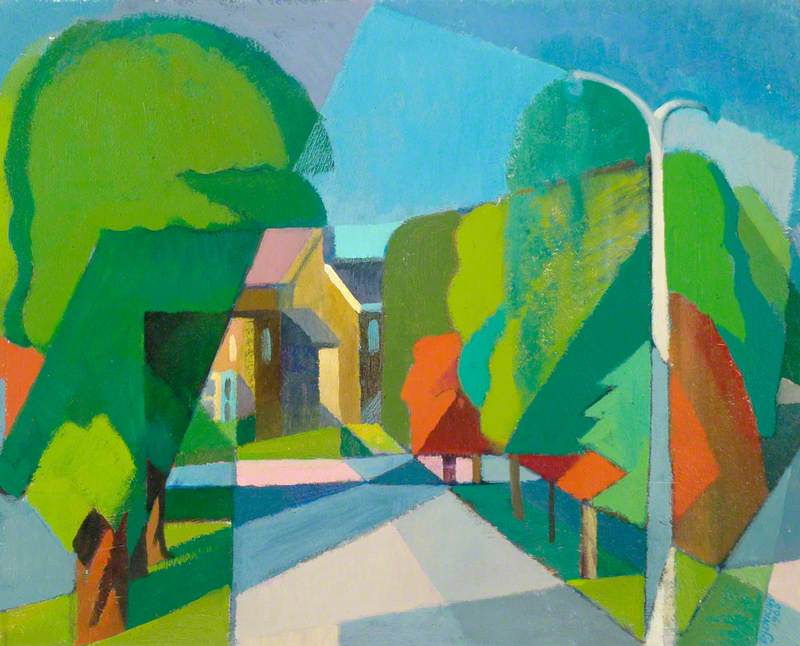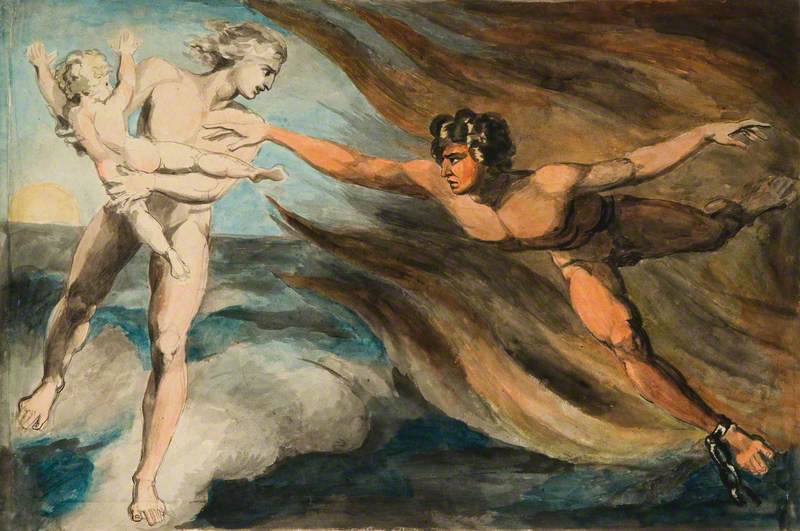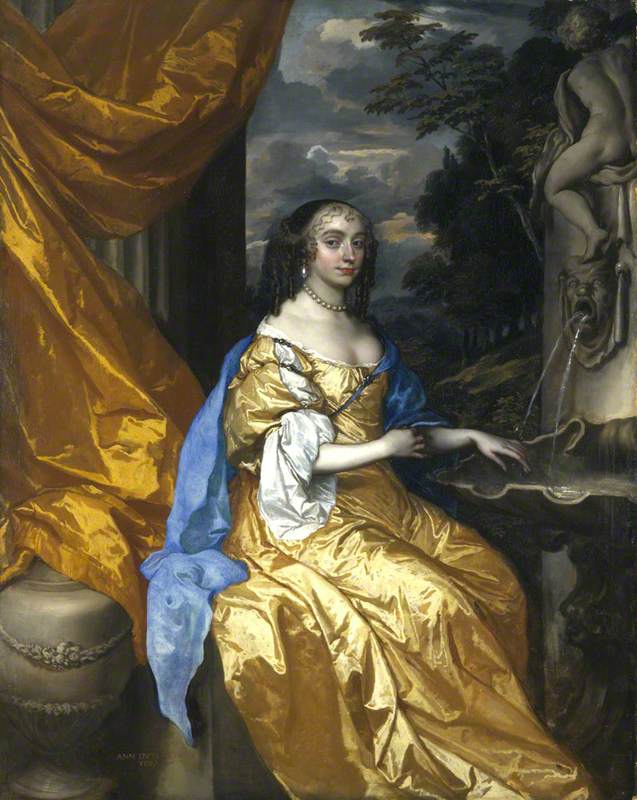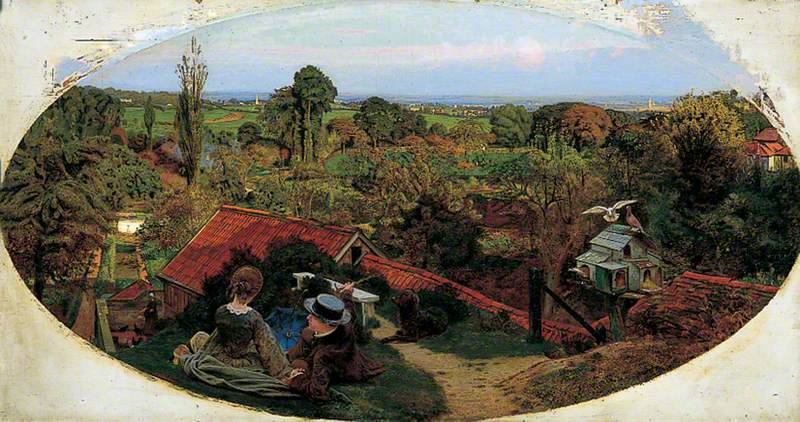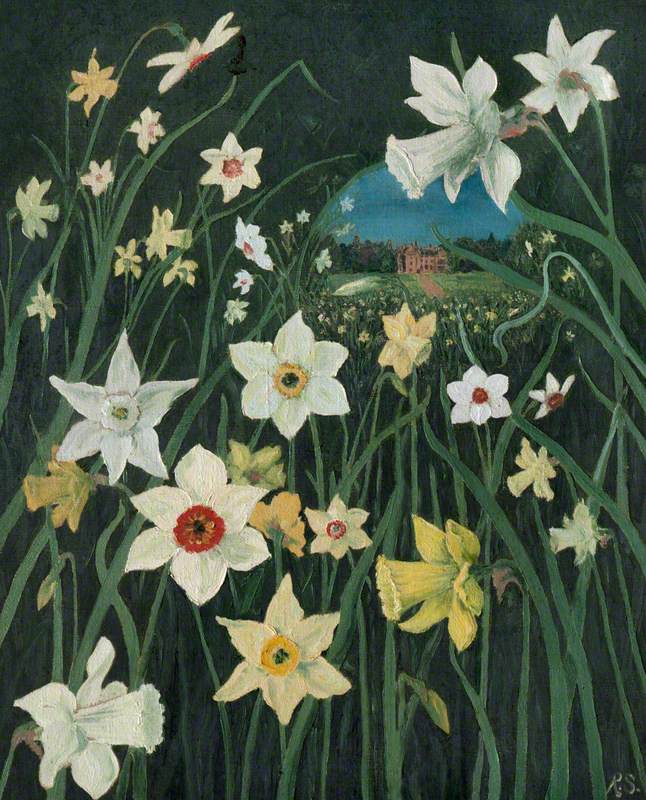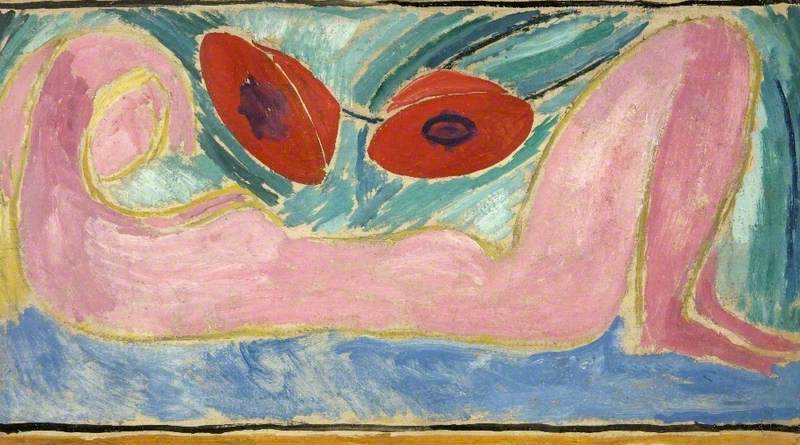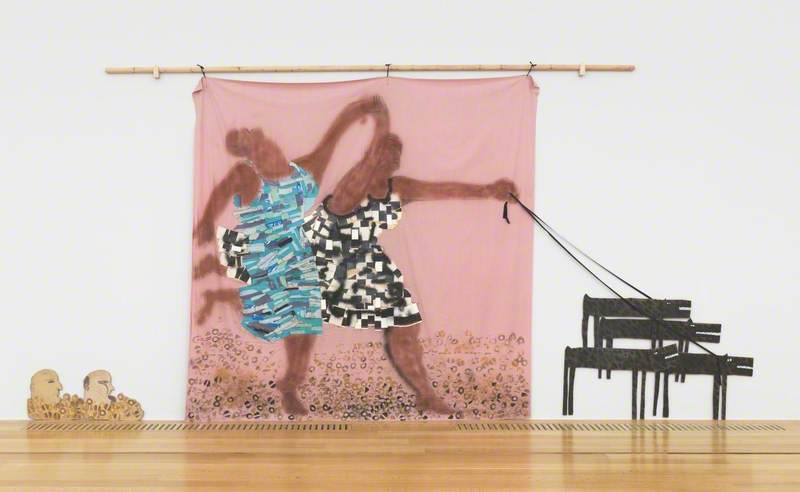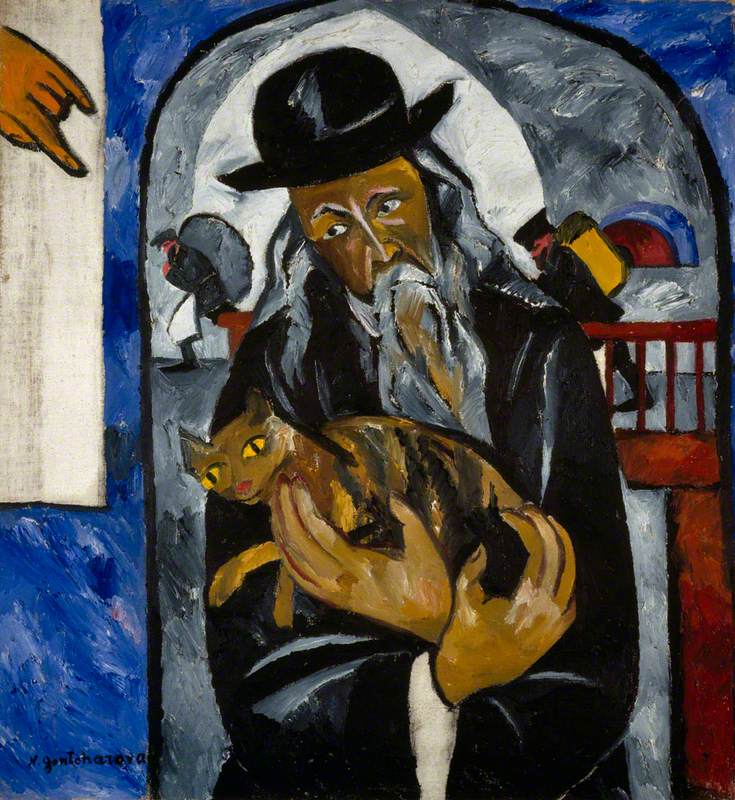I gazed into the heart of a crocus to see its fiery orange stamen surrounded by fine white veins spreading through a deep purple which looked like the brushstrokes of a talented watercolourist. It wasn't long since the snows of March had melted, revealing the life that had managed to survive the sudden and startling intrusion of freezing cold weather in the midst of Spring. Looking at nature, which can seem like a work of art itself, it's little wonder that it has been such a popular subject for painters. 'Art takes nature as its model', declared Aristotle, and I've been exploring some of the ways in which this rings true.
'We began as mineral. We emerged into plant life, and into the animal state, and then into being human, and always we have forgotten our former states, except in early Spring when we slightly recall being green again', wrote the poet Rumi.
The changing seasons and all the beauty and fierceness of nature have inspired some of the finest art, and as the first buds begin to bloom and the daffodils peek their heads out, I profile some of the inspiring art to have blossomed from capturing the seasons.
Daylight saving time falls on 25th March this year (which also happens to be my birthday), and as someone born in the spring, I've always been particularly attuned to the season.
A triptych painting called Anticipation of Spring by Igor Marachkin seems particularly fitting – as I began researching the piece, the snows had melted revealing the world in all its glory and the wildlife that had survived, but as I settled down to write, another freak snowstorm had started and my morning walk took me past frost-covered grass and freezing flowers. This particular painting shows trees covered with a layering of white, whether white blossom or white snow. The paintings Spring Snow and Cold Spring also seem apt. Spring and Winter by John Armstrong captures the cusp of two seasons, as does When Winter Ends.
Much art has been made out of the hope and anticipation which comes with the ending of winter, when it's not quite yet spring but we look out for The Coming of Spring and Signs of Spring.
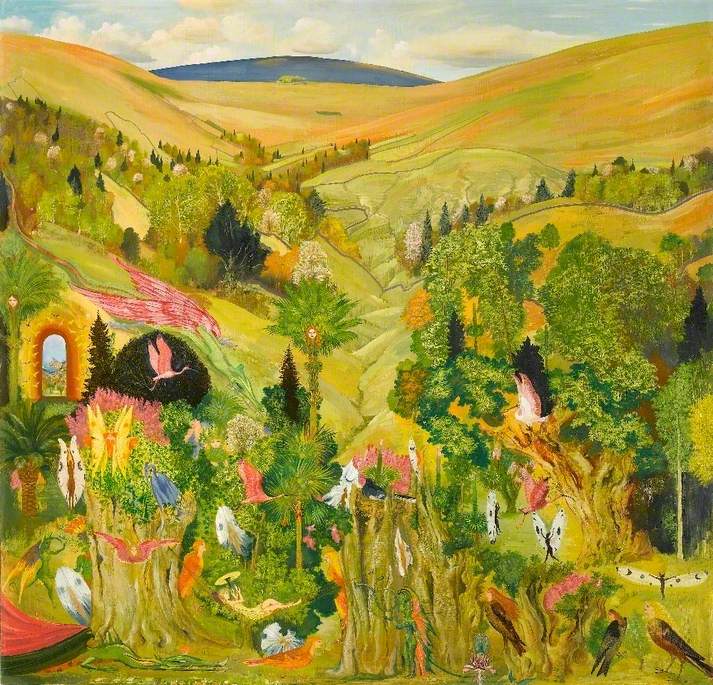
© the artist's estate. Image credit: Arts Council Collection, Southbank Centre, London
George Wallace Jardine (1920–2002)
Arts Council Collection, Southbank Centre
'Those who contemplate the beauty of the earth find reserves of strength that will endure as long as life lasts', said the writer and conservationist Rachel Carson. 'There is something infinitely healing in the repeated refrains of nature – the assurance that dawn comes after night, and spring after winter.' That beauty is captured in a bounty of paintings of springtime, many which, of course, are filled with an abundance of flowers, from those growing wild in unpeopled landscapes to people picking flowers in Spring, and those flowers that have found their way into houses and vases and onto desks, as in Spring Desk.
There are Trees in Spring, Elm Tree in Spring and Ash Trees in Spring. It's not only plants and flowers, but all manner of life flourishes in paintings of the spring – from Spring Hatch to the ducks in Sailing through the Sunshine of Early Spring, and the lambs in Spring in My Step.
My first piece for Art UK this year included an exploration of the work of Lowry who painted from the gloomiest of palettes. By contrast, many of the paintings I've researched exploring spring are filled with an astonishment of colour. Some of the more abstract paintings have taken the colours of nature in spring and made their own shapes from them, and seem to reflect the inner mood that the season incites – indeed there is even a painting called Spring Mood. I recall the words of Annie Leibovitz who wrote: 'Nature is so powerful, so strong. Capturing its essence is not easy – your work becomes a dance with light and the weather. It takes you to a place within yourself.' Some of these more abstract pictures do seem to depict the place within the self as well as outside of the self. I also particularly enjoyed looking at Spring Awakening, The Spring, Spring Time and Spring Reflection which seem as much concerned with inner, as well as outer, landscapes.
As the days lighten and the clocks soon leap forward, I notice those paintings that are wonderfully attuned to light and use it in intriguing ways, such as Spring Offering. It's been interesting, too, to see how all times of day and night find depictions, including in Spring Morning in the Park to Spring Evening and Spring Night in London.
'We began as mineral. We emerged into plant life, and into the animal state, and then into being human, and always we have forgotten our former states, except in early Spring when we slightly recall being green again', wrote the poet Rumi. As my frozen fingers type this, and that greenness is still buried beneath glittering frost, I relate to the painting Quietly Dreaming of Spring and my heart is warmed by the hope of incipient life when these snows do finally melt.
Anita Sethi, journalist, writer and critic
